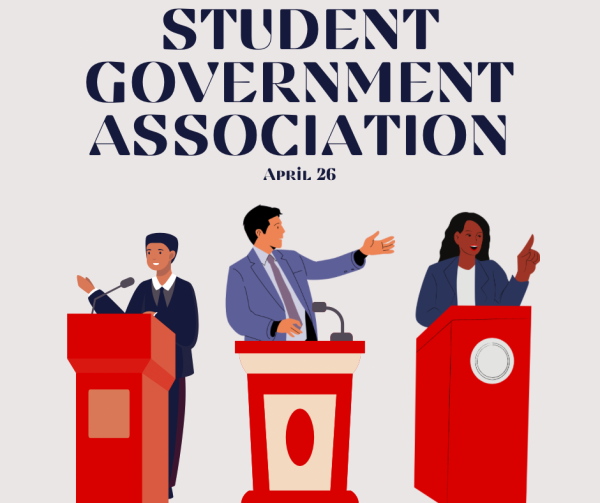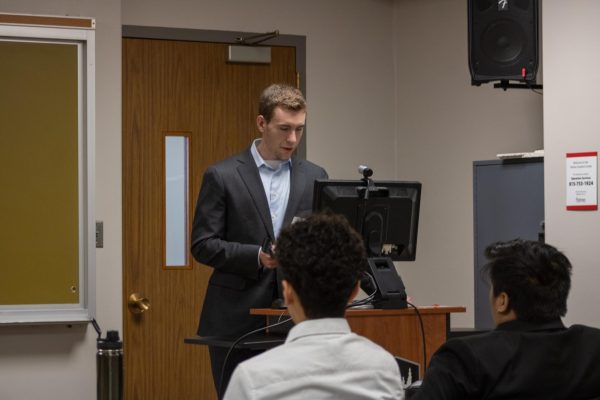Constitutional Convention a possibility in Illinois
October 17, 2008
When Illinois voters step into the voting booth and look at their ballots Nov. 4, they will notice that their first vote will not be for president of the United States. Instead, the question posed to them will be whether to vote “yes” or “no” for an event that can take place only once every 20 years: a Constitutional Convention.
If there were to be a Constitutional Convention, or Con-Con, a group of elected delegates would decide what, if anything, in Illinois’ constitution to change. In a separate election, Illinois voters would then decide whether to approve those changes.
For a Con-Con to take place three-fifths, or a majoriaty, of voters will have to choose “yes.” A non-vote is the equivalent of a vote of “no.”
“Once the convention is convened, it may consider vany constitutional issue, any clause of the constitution, or it may scrap the constitution and put in something else instead,” said Irene Rubin, retired professor of public administration. “Everything in the constitution is up for grabs.”
The last time Illinois voters had the opportunity to call a Con-Con, in 1988, 75 percent of voters said “no.” The last Con-Con took place in 1970 after Illinoisans voted to call for it in 1968.
“The constitution was badly out-of-date, and there was much study beforehand and much knowledge of what needed to be done,” Rubin said.
That is not the case this time around, as anger over the state government — in particular Gov. Rod Blagojevich — has been front in center in the Con-Con debate, she said. Some have even inferred that a Con-Con would pave the way to rid Illinois of Springfield’s current regime.
Estimates put the cost of a Con-Con at $80 million, Rubin said.
“I don’t think Illinois should spend the money it doesn’t have right now to have a Constitutional Convention,” said junior communication major Jim Smith. “Illinois is in a deficit.”
Ken Zehnder, associate director of External Affairs and Economic Development, stressed that many of the possible changes to the constitution can occur without the help of a Con-Con, though it would be more difficult and time consuming.
State and university employees are concerned that a Con-Con could have an effect on their pensions, as a provision in the constitution guarantees them, he said.
NIU students should learn as much as they can about the Con-Con so they can make informed rather than random decisions come Nov. 4, Zehnder said.
“It’s their future,” he said. “They’re going to be living in this state longer than a lot of us older folks. I’m not advocating one way or the other. It’s the risk versus the rewards. People are going to have to decide for themselves.”












